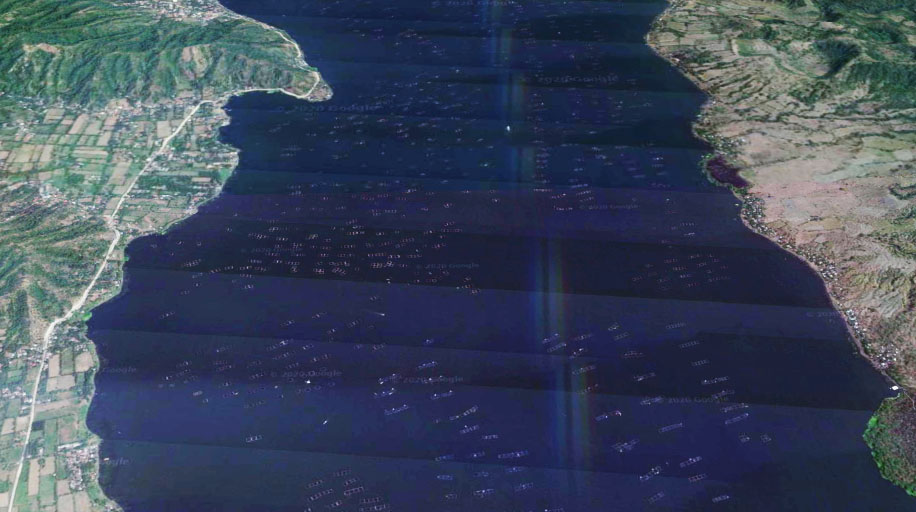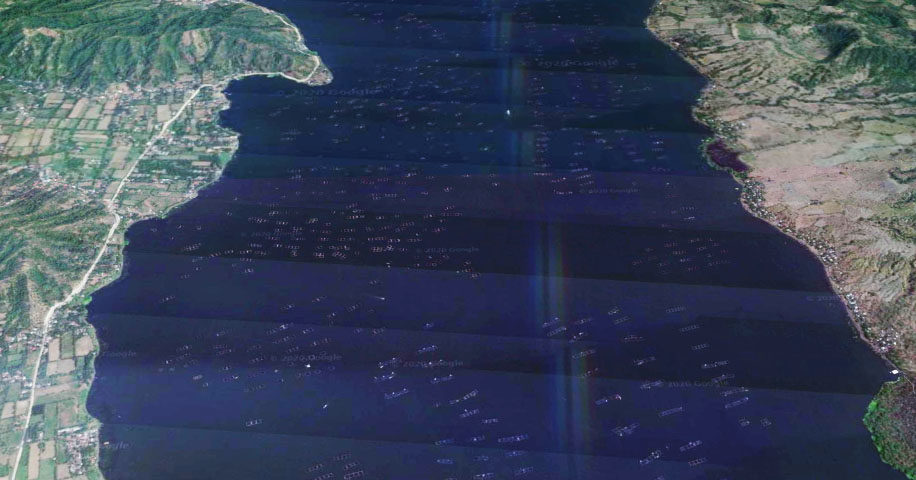Proposed importation of tilapia and galunggong nixed
Manila, Philippines – “There are plenty of fish in the Philippine seas, why not make them more accessible and affordable to poor consumers instead of importing deficient varieties?” According to the progressive fishers’ group Pambansang Lakas ng Kilusang Mamamalakaya ng Pilipinas (PAMALAKAYA), warning the Department of Agriculture (DA) and the Bureau of Fisheries and Aquatic Resources (BFAR) on the proposal to import at least 400, 000 metric tons (MT) of staple fishery products such as galunggong (round scad) and tilapia (St. Peter’s fish), purportedly to address the projected deficit of the said fish products.
The Philippines, as per the current food supply outlook of the DA, will have a deficit of 42 days’ worth of consumption by year-end in terms of fishery supply. For round scad, for instance, the country’s supply is estimated at 53, 925 MT, while the demand is at 105, 690 MT, showing a deficit of 51, 765 MT.
“When will the DA ever learn that resorting to importation every time there is a fish shortage will never address this yearly cycle of a fisheries crisis? While we recognize that there may be an actual shortage in fisheries production brought about by the pandemic, the common-sense solution is to fortify government intervention and adequately support the local production. Opening our floodgates for imports would do more harm than good, especially to the small fishers who will be left at a disadvantage,” Fernando Hicap, PAMALAKAYA National Chairperson said in a statement.
The fishers’ group has been opposing the importation measure of the government as it puts “the local fishers at a disadvantage”. The coastal-based group said that imported fishery and marine products “outcompetes and further pulls down farmgate prices of fresh and locally-caught fish”.
At present, farmgate prices of galunggong and tilapia are at P60-P70/kilogram and P30-P40/kilogram, respectively.
“Flooding our local market with imported fish will further downgrade the value of our local fishery products, leaving our small fishers at the losing end,” Hicap decried.
PAMALAKAYA blamed the importation measure to the liberalization policies of the government.
“Imported fish which are frozen and inferior in quality are relatively cheaper than our local fish products. This trend is akin to how local rice farmers are being lambasted by the impacts of imported rice facilitated by the Rice Liberalization Law. This is how liberalization of agriculture and fisheries sabotages the livelihood of Filipino fishers and farmers across the country,” Hicap, former Anakpawis Party-list solon explained.
The fishers’ group urged the government to comprehensively address the fisheries shortage by strengthening the local food producers, and end the reliance on imports. ###

